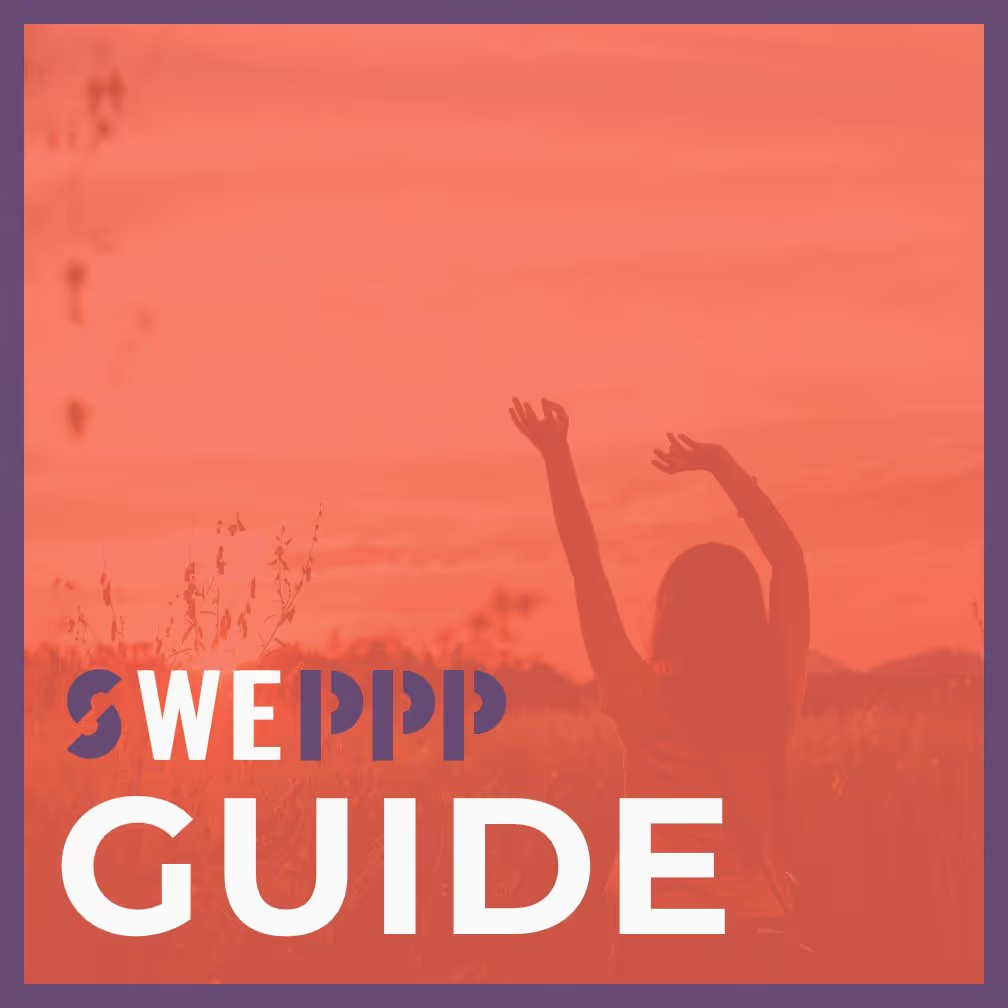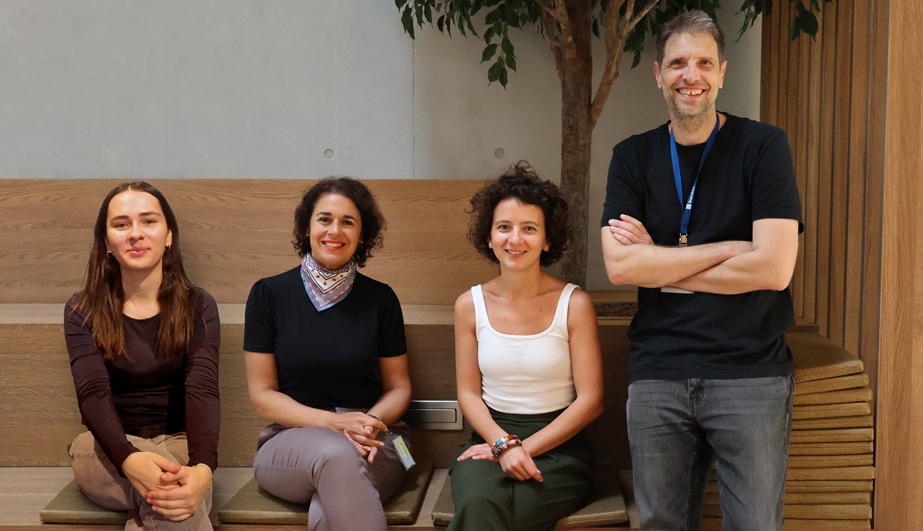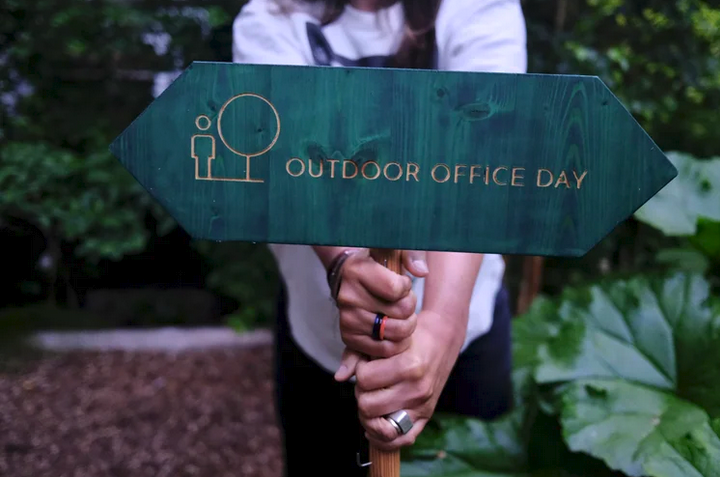
The SWEPPP Courses, based on the comprehensive SWEPPP Training Curriculum, are now available! Explore our engaging micro-learning units designed to support sustainable well-being practices.
Our team shared insights from our project at the 6th International Congress ISFT on Forest and Its Potential for Health, with three presentations in specialized modules and our concept featured in the poster sessions.
SWEPPP is based on the idea that achieving sustainable well-being requires a holistic approach, aligning personal, professional, and planetary welfare. It aims to foster wellness across these three dimensions by empowering individuals with the necessary knowledge and skills to enact meaningful action.
Project Title: Sustainable Well-being – Education for Personal, Professional and Planetary Well-being
Project Acronym: SWEPPP
Project No: 2023-1-PL01-KA220-HED-000156944
Funding Programme: Erasmus+ Cooperation Partnerships
Time-Frame: 01.09.2023 - 31.08.2026
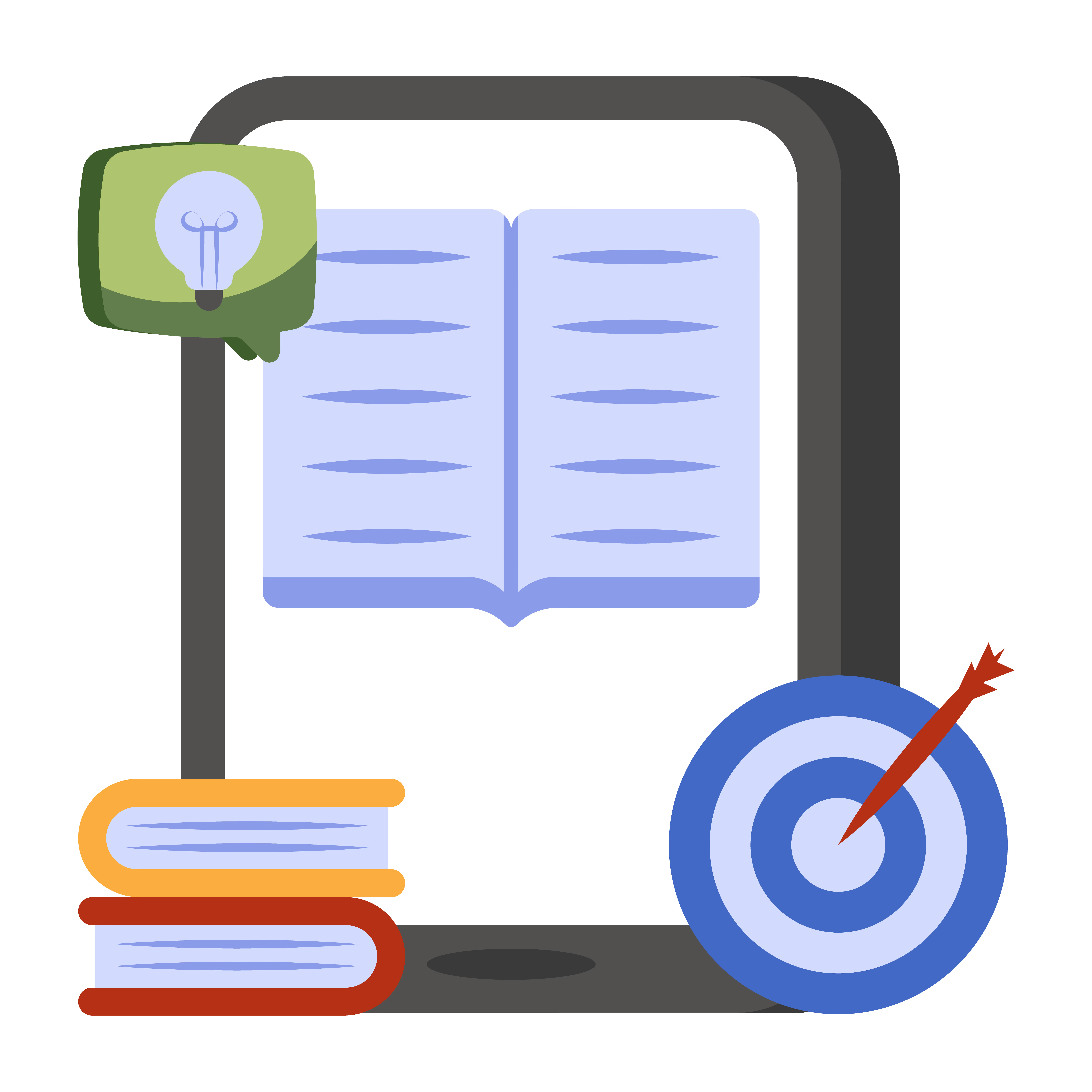
General Objective
The project aims to enhance knowledge and expand educational offerings in the field of sustainable well-being, while creating opportunities to foster sustainable well-being across various sectors of society at the European Union level.
Specific Objectives
- Identify key topics related to sustainable well-being and integrate its core elements into higher education study programmes.
- Increase students’ understanding of the barriers and pathways to sustainable well-being in both leisure and working life through engaging and stimulating learning methods.
- Create inclusive and easily accessible opportunities to improve sustainable well-being for individuals across different sectors, regardless of barriers such as geographical distance or limited access to education.

Explore and download our open-access materials to dive deeper into the project results.
Sustainable Well-being Curriculum:
A modular framework designed to integrate well-being into sustainability contexts, suitable for educators and professionals.
Sustainable Well-being Courses:
Micro-learning units based on the curriculum, aimed at providing accessible education on sustainable well-being.
Sustainable Well-being for Everyone Guide:
A user-friendly resource intended to motivate individuals to enhance personal and workplace well-being, grounded in the project's curriculum and courses.
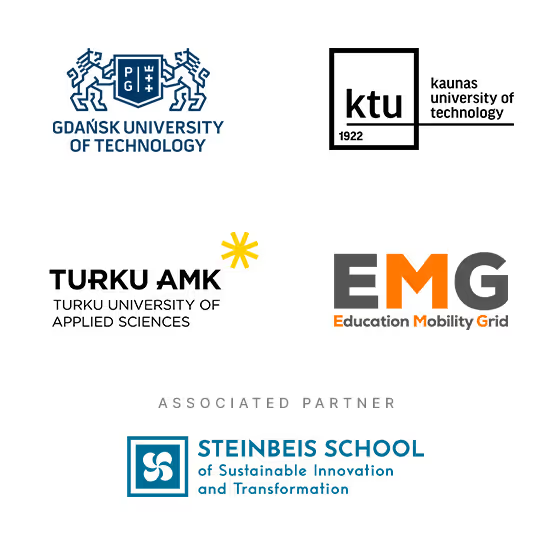
Project Coordinator
Gdansk University of Technology (GUT) - Poland
Project Partners
Education Mobility Grid (EMG) - Germany
Kaunas University of Technology (KTU) - Lithuania
Turku University of Applied Sciences (Turku UAS) - Finland
Associated Partners
Steinbeis School of Sustainable Innovation and Transformation (SIT)
The SWEPPP Training Curriculum endeavors to establish a universally recognized and coherent framework for integrating well-being into sustainability contexts, identifying the essential dimensions to be addressed in sustainable well-being studies.
Structured in a modular format, the curriculum invites educators from HEIs and professionals from other educational settings, such as trainers and coaches, to incorporate it into the development of their educational programs, including courses, training sessions, workshops, and similar initiatives focused on sustainable well-being.


The SWEPPP Courses, based on the comprehensive SWEPPP Training Curriculum, are now available! Explore our engaging micro-learning units designed to support sustainable well-being practices.
Our team has developed a series of learning materials aligned with the skill-based modules of the SWEPPP Training Curriculum. Each topic is delivered through curated themes and knowledge content, accompanied by activities to deepen understanding and practical application.
Start your learning journey today and join us in promoting sustainable well-being!
The SWEPPP Guide seeks to motivate individuals to enhance both their personal and workplace well-being. Grounded in the previously formulated curriculum and courses, this guide will serve as a user-friendly resource for nurturing well-being across diverse dimensions.
